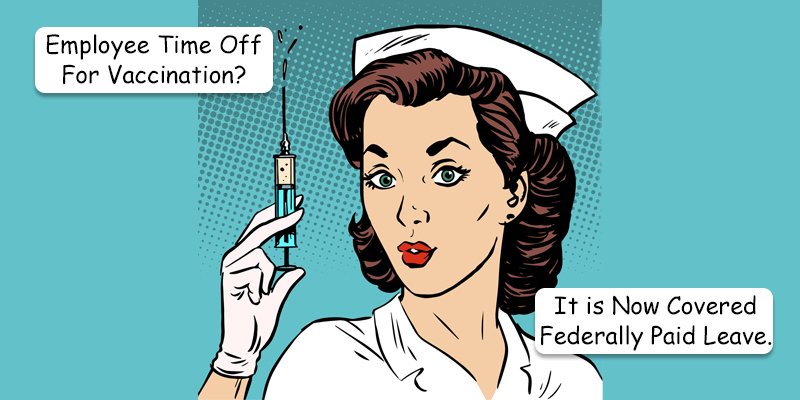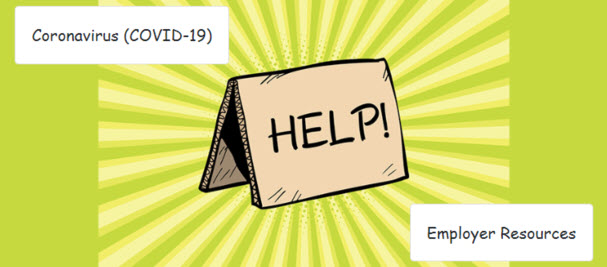The Families First Coronavirus Response Act (FFCRA) was the first COVID-19 Act passed by Congress on March 18, 2020. Back then, the belief was that COVID-19 would be a short-lived inconvenience where an employee may need to take a couple weeks off from work, and this Act was to allow them that benefit without cost to the employer. Here we are, a year later, still feeling the effects. The Consolidated Appropriations Act (CAA) 2021, passed on December 27, 2020, extended this federal paid leave until March 31, 2021, and we now find further extension and expansion in the recently-passed American…
Posts tagged as “FFCRA”
On December 27, 2020, President Trump signed the Consolidated Appropriations Act, 2021. This is an Act that is signed each year, thus the 2021 suffix, and basically includes the federal government’s budget for 2021. It also includes a large section of COVID-19 related benefits for businesses. The following is a summary of what has passed. It is a bit lengthy of a “summary,” but all good stuff. FFCRA Sick and Family Paid Leave The FFCRA tax credit has been extended through March 31, 2021, although the employer mandate has not been extended. This means that an employer can decide whether or not…
With the passage of the Families First Coronavirus Response Act, two new refundable payroll tax credits are available to employers with fewer than 500 employees. These refundable credits are designed to fully reimburse them, dollar-for-dollar, for the cost of providing Coronavirus-related leave to their employees. The Act allows two paid leaves for the employee’s own health needs or the care of family members. This will enable employers to keep their employees on payroll and ensure that employees are not forced to choose between their paycheck and the public wellbeing. Emergency Paid Sick Leave Companies with fewer than 500 employees,…



